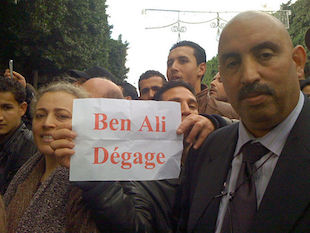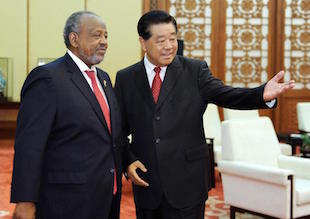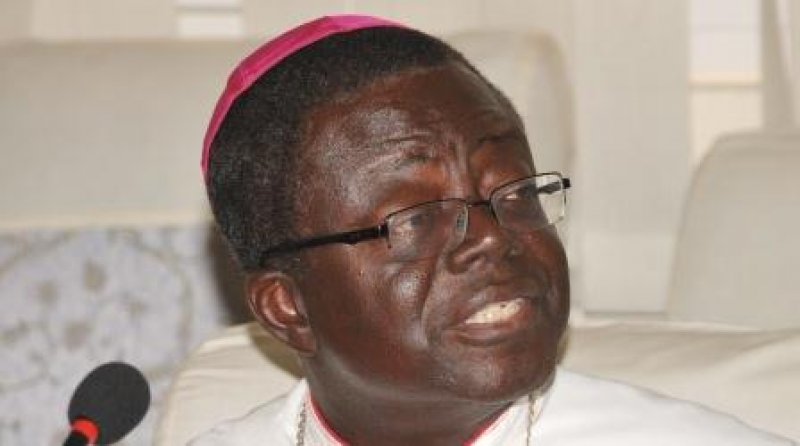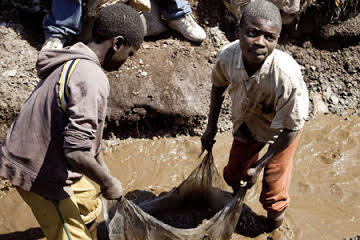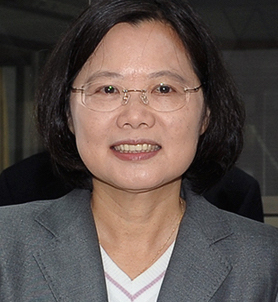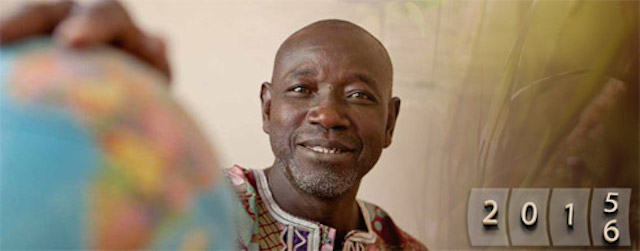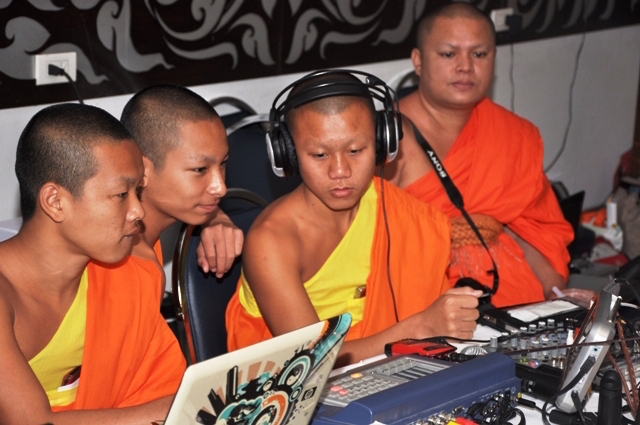NEW YORK | TUNIS – Thousands of Tunisian police rallied for pay raises on January 25, joining a growing movement of Tunisian citizens turning up the heat on Prime Minister Habib Essid with demands for “work, freedom and dignity”.
Once hailed as the success story of the Arab Spring for its democratic progress, Tunisia has become a poster child for the dangers in ignoring economic malaise, alienation and frustrations of North African youth.
Five years ago, a college graduate turned fruit vendor, Mohamed Bouazizi, ended his life after he faced abuse from police. On January 24, a copycat suicide ended the life of Ridha Yahyaoui who was refused a job. His action sparked riots in some of the same impoverished towns that brought down the previous regime.

